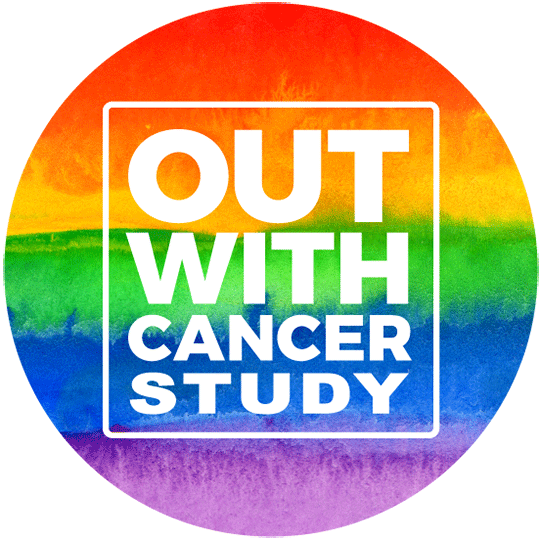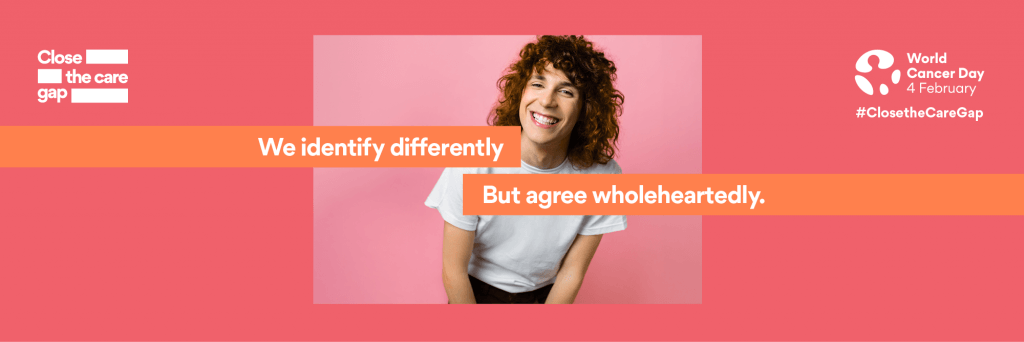What does World Cancer Day mean for LGBTQ+ communities?
Today is World Cancer Day. It is an annual awareness day that aims to drive global awareness of cancer and reduce the burden of cancer. This year we’re focusing on inequities in cancer with the theme of “Close The Care Gap”.
For LGBTQ+ communities, closing the cancer care gap starts with understanding and recognising the inequities we face in cancer care. But, it can also be difficult to find cancer information relevant to us. This is why Can We was started, to bring together information, insights and ideas to help us stay healthy and reduce our cancer risk.
What are the issues we face in cancer care?
We have lower participation in cancer screening programs which can lead to later diagnosis. Treatment and follow-up care options may not consider our identity or relationships. Or we may be concerned about what disclosing our sexual orientation or gender identity will mean for our care.
These issues can lead to high levels of dissatisfaction with cancer healthcare among LGBTQ communities. We might receive care from someone who has the best of intentions but doesn’t understand who we are and why that’s important to our care.
What does the research say about LGBTQ+ communities and cancer care providers?
 The Out with Cancer study, an ongoing Australian research project, recently published data which showed that:
The Out with Cancer study, an ongoing Australian research project, recently published data which showed that:
- 56% of health care professionals surveyed were confident in their knowledge of the health needs of sexuality diverse patients
- 33% were confident in their knowledge of the health needs of trans and gender diverse patients
- Only 20% were confident in their knowledge of the health needs of patients with intersex variations
- Less than 5% of doctors stated they were uncomfortable treating sexuality diverse patients
- 4% of doctors were uncomfortable treating trans and gender diverse patients
- 8% of doctors were uncomfortable treating patients with intersex variations.
It’s not all bad news though. The same study found that most health care professionals are interested in education and training about the health needs of LGBTQ+ people, with nurses and allied health professionals having higher levels of interest compared to medical and leadership professions.
How can we close the cancer care gap for our communities?
Culturally competent care is just one part of closing the cancer care gap and improving outcomes for our communities. We can do this by providing health professionals with diversity and inclusion training and support that covers how inequity shapes cancer care for LGBTQ+ communities and the unique healthcare issues we face.
Can We is just getting started and we look forward to sharing more information with you. We’ve already have information on bowel, breast and cervical screening specifically for LGBTQ+ communities. We even have letters for your GP to share your preferred pronouns or names for your body parts, so that you don’t always have to do the talking.
You can help us carry on the conversation. Follow Can We on Facebook and Instagram. If you have any questions about cancer care for our communities or want to share your cancer story contact the Can We team.
